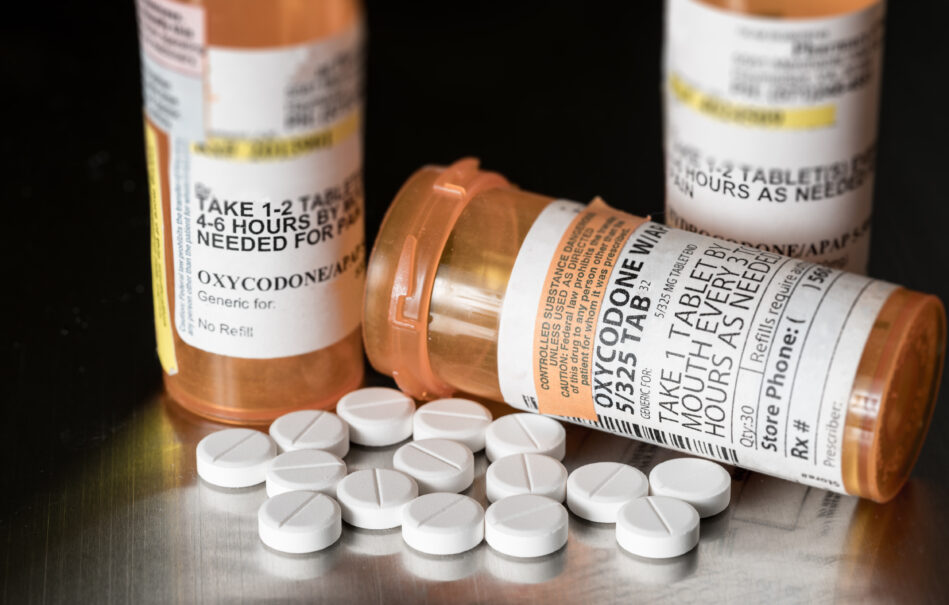Quick Hits: Although the number of opioids prescribed per capita has been declining since 2012, the amount prescribed in 2015 was 3 times higher than in 1999. New data from the CDC (Centers for Disease Control and Prevention) indicates that in 2010, 81.2 prescriptions for opioids were written per 100 people. By 2015, that figure was down to 70.6. Prescribing of high doses of opioids has also come down, from 11.4 per 100 people in 2010 to 6.7 per 100 people in 2015. CDC researchers say the decline is likely due to growing awareness of opioid risks as well as state policies designed to curb opioid prescribing. Posted July 6, 2017. Via JAMA.
Quick Hits: Doctors last year received a total of $2.8 billion from pharmaceutical companies and device manufacturers in the form of consulting work, speaking fees, and free meals and travel. In 2015, the figure was $2.68 billion. Data from CMS (Centers for Medicare and Medicaid Services) also revealed that 631,000 doctors received this kind of non-research money from companies in 2016. Allergan sits at the top of the Big Pharma list with $66.4 million in general payments, followed by Sanofi with $58.4 million. Larger pharmaceutical companies, such as Pfizer and Merck, gave much more than that, but they broke down their payments by company units or affiliates. Posted June 30, 2017. Via CMS.
Quick Hits: Probiotic supplements may not protect babies from catching colds or stomach bugswhile in day care. Among 290 babies in childcare, those given probiotics every day for 6 months were no less likely to suffer respiratory or gastrointestinal infections compared to those not given probiotics, according to results from a new study. Many babies were breast-fed, which helped ward off infections. Therefore, researchers believe that the known protective effects of breastfeeding may have overshadowed any benefit from the probiotics. Posted July 3, 2017. Via Pediatrics.






